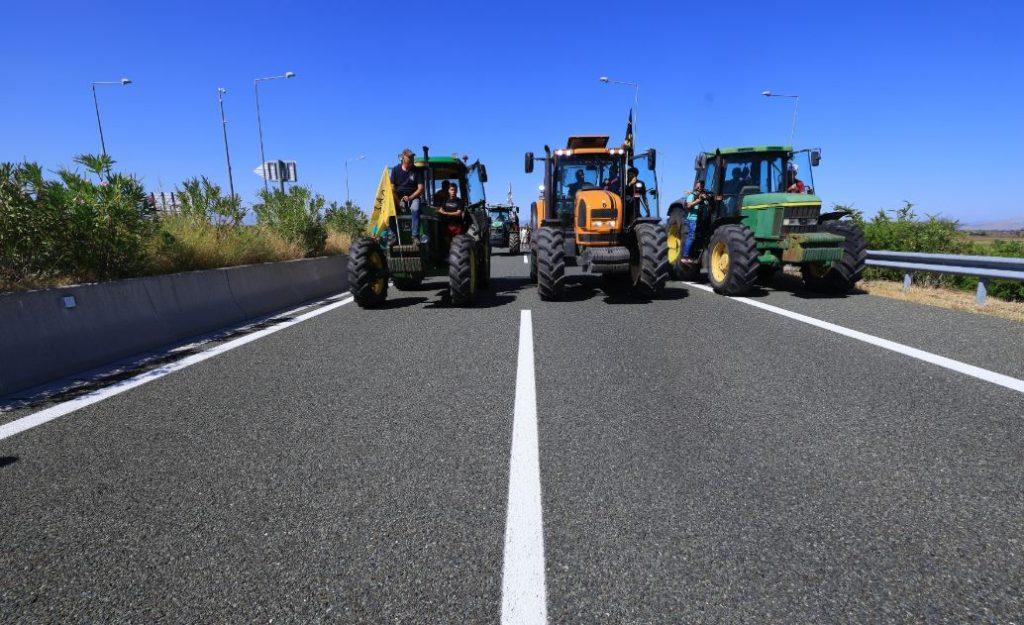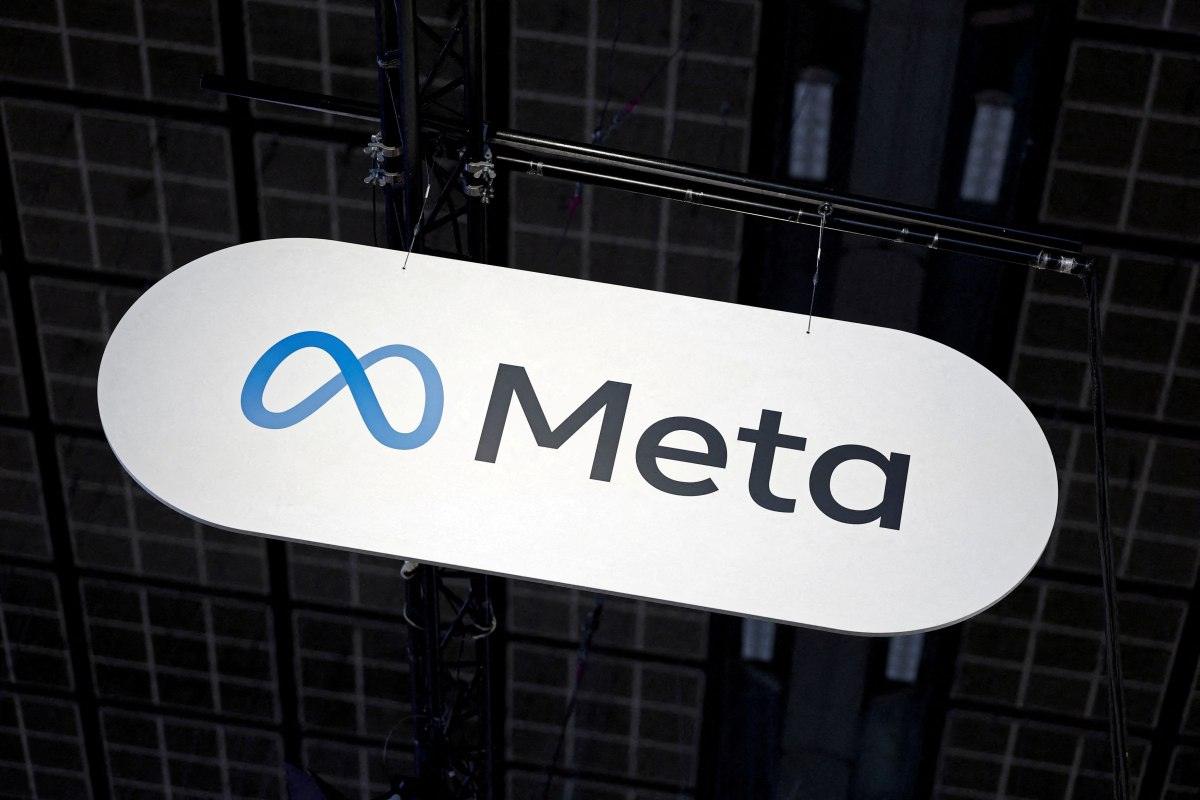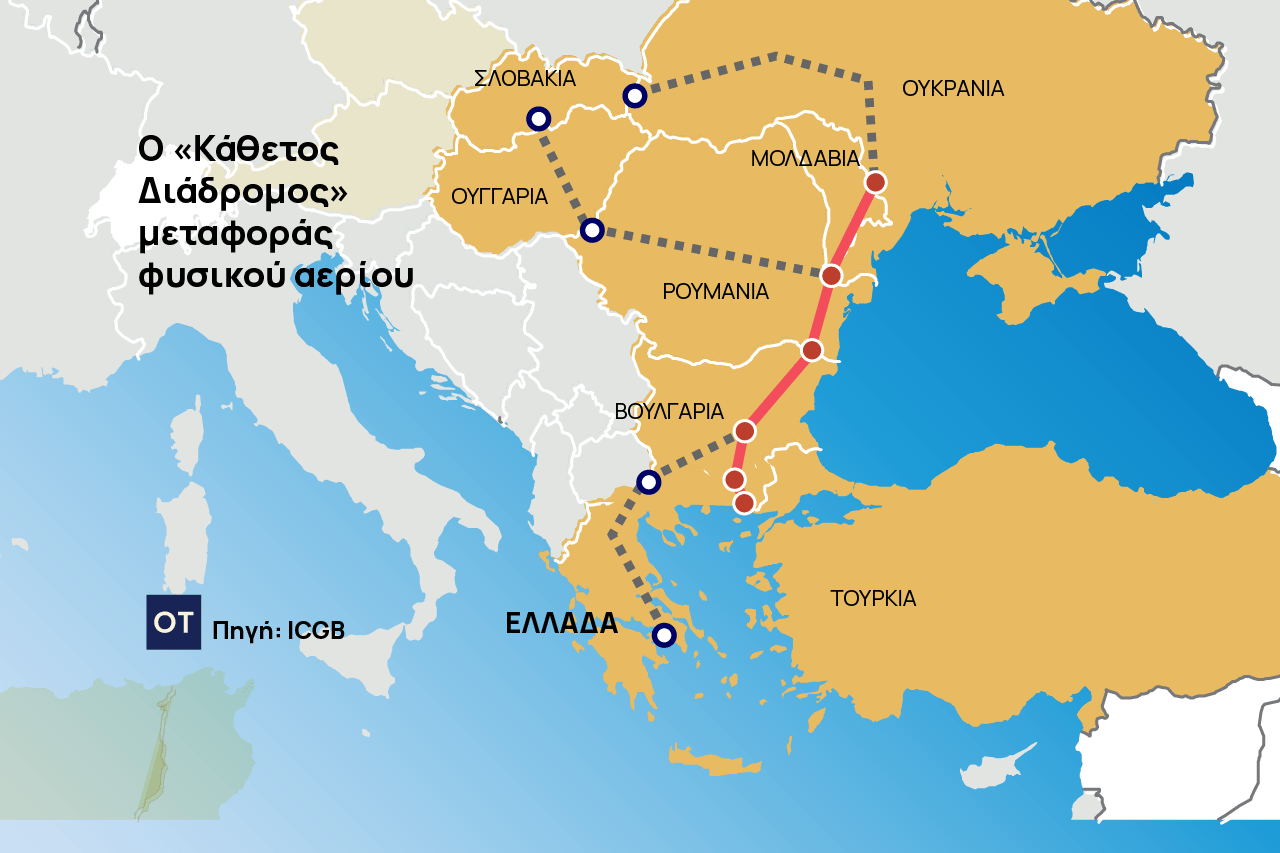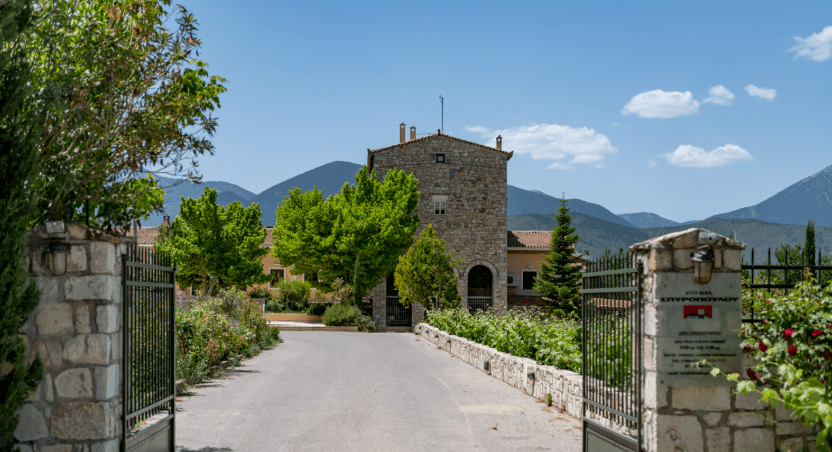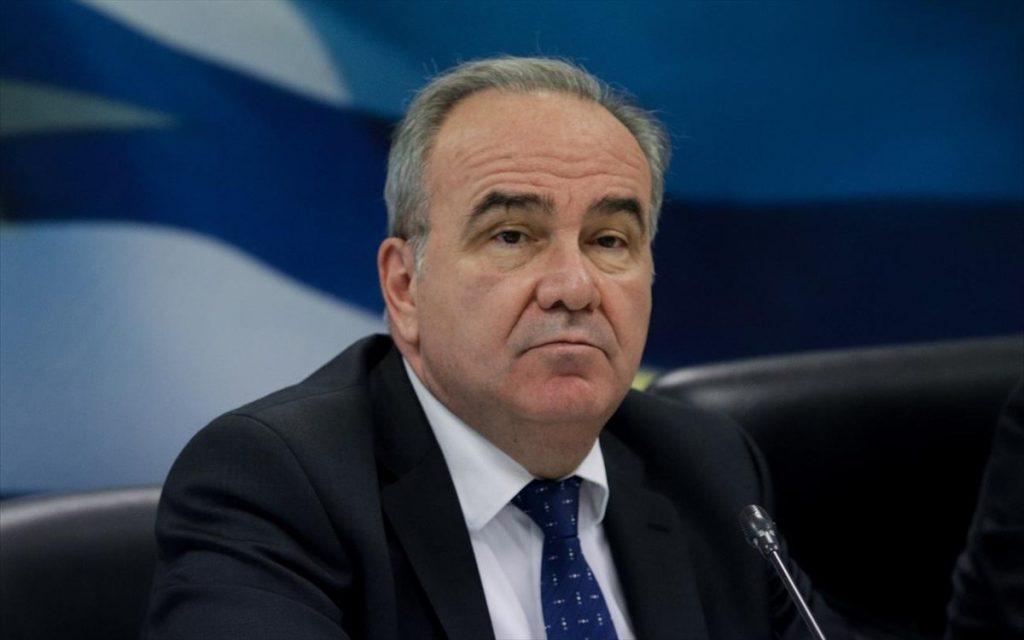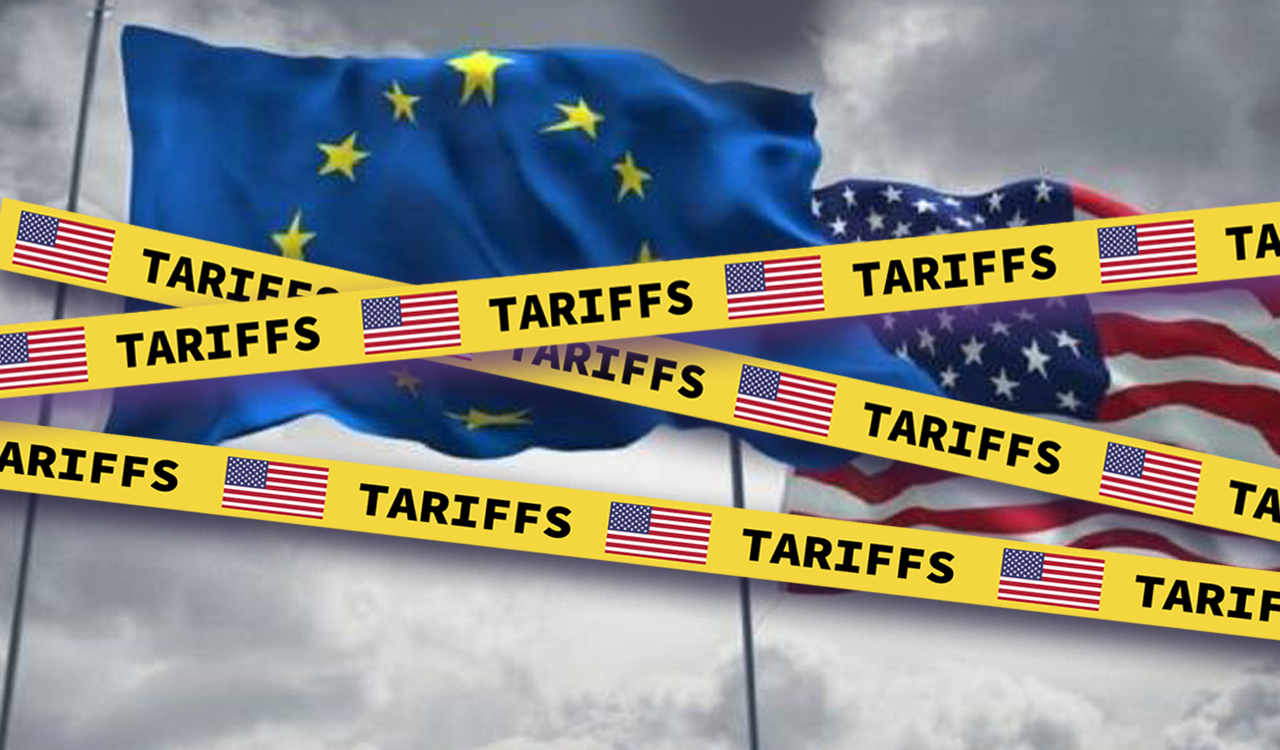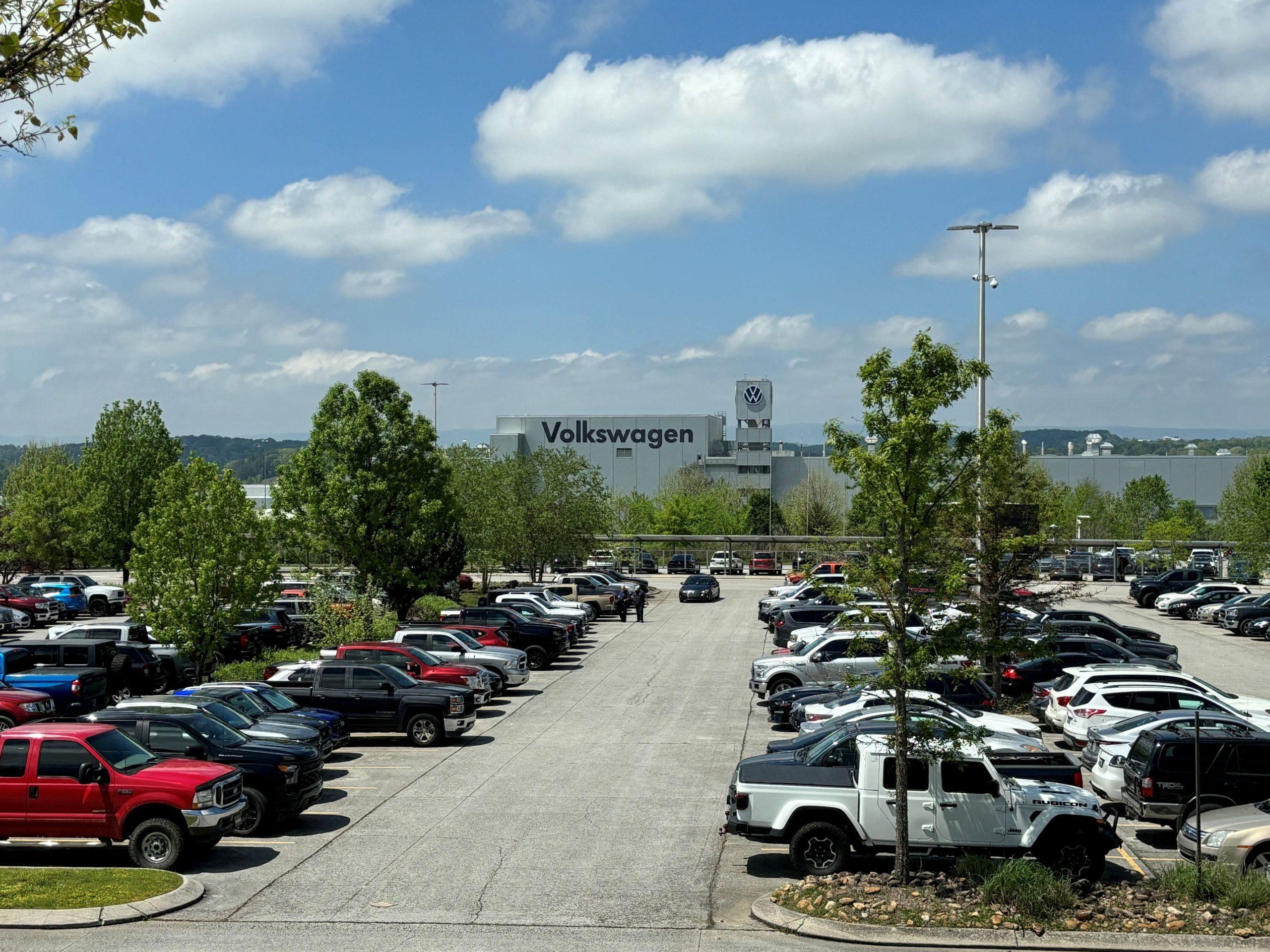Greek farmers are preparing a new wave of nationwide mobilizations, with the first roadblocks set to begin on 30 November and expand steadily until 5 December, following decisions reached during a large assembly in Nikaia, Larissa on Saturday.
Beginning at noon, farmers’ associations from across the country met today to finalize their strategy, agreeing on a coordinated escalation of protests. Farmers from Thessaly are aiming to form a single unified blockade on the Athens–Thessaloniki national highway, while representatives from other regions outlined plans involving tractors on major roads, actions at ports, and additional forms of protest.
The meeting was convened by the Panhellenic Coordinating Committee of Roadblocks at the Cultural Centre of Nikaia in the municipality of Kileler.
Livestock farmers also join the protests
Farmers will be joined by livestock breeders, who are pressing the government for urgent support measures. They accuse authorities of delays in responding to the recent outbreak of sheep pox. According to the latest figures, 417,000 sheep and goats have been culled, with Thessaly suffering the largest losses.
“Non-negotiable” demands
Even as payments of outstanding subsidies have begun, farmers say their demands remain unmet. Approximately 82,000 farmers received €42 million earlier this week, but representatives insist that deeper structural issues persist.
They point to soaring production costs, which leave producers selling at extremely low prices, while consumer prices remain disproportionately high by the time goods reach supermarket shelves. Farmers continue to call for guaranteed minimum prices for their products as a safeguard for their livelihoods.
